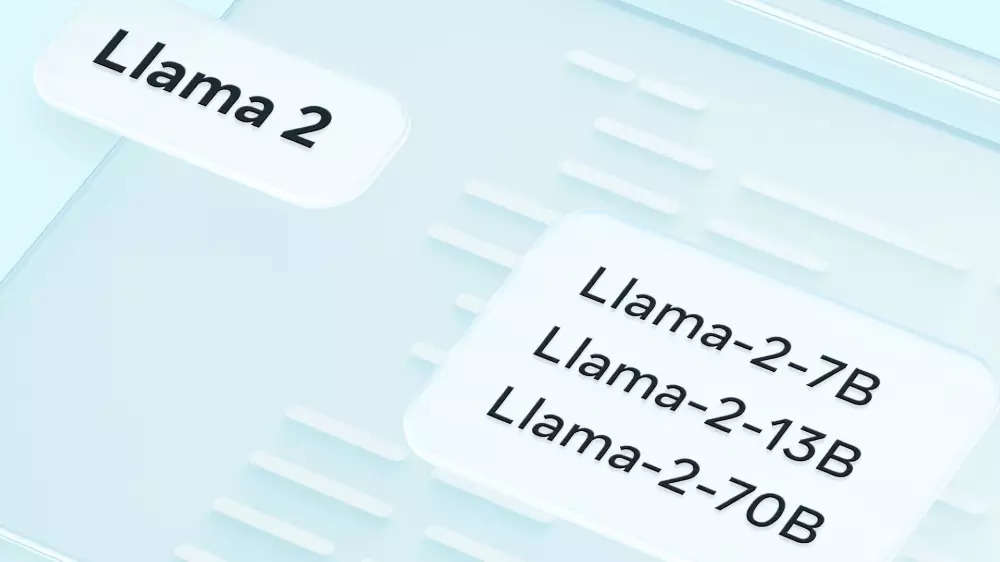Qualcomm: Meta, Qualcomm partnership to bring AI-powered apps on phones – Times of India
Both the companies are working to optimise the execution of Meta’s LLMs directly on-device without the need of cloud services. According to the chipmaker, the technology will enable applications, powered by Snapdragon, to work in areas with no connectivity or even in airplane mode.
“The ability to run generative AI models like Llama 2 on devices such as smartphones, PCs, VR/AR headsets and vehicles allows developers to save on cloud costs, and to provide users with private, more reliable, and personalised experiences,” Qualcomm said.
This will essentially bring generative AI capabilities from large companies using powerful processors to users’ hands.
Intelligent virtual assistants on phones
The US-based chip making giant also announced that it already has plans to make available on-device Llama 2-based AI implementations that will enable customers, partners and developers to build use cases, such as intelligent virtual assistants, productivity applications, content creation tools, entertainment and more.
Durga Malladi, senior vice president and general manager of technology, planning and edge solutions businesses, Qualcomm Technologies, lauded Meta’s approach to bring generative AI on-device.
“To effectively scale generative AI into the mainstream, AI will need to run on both the cloud and devices at the edge, such as smartphones, laptops, vehicles, and IoT devices,” she added.
While Qualcomm is scheduled to make available Llama 2-based AI implementation on devices powered by Snapdragon starting from 2024, developers can already start optimising applications for on-device AI using the Qualcomm AI Stack.
It is a “dedicated set of tools that allow to process AI more efficiently on Snapdragon, making on-device AI possible even in small, thin, and light devices.”
function loadGtagEvents(isGoogleCampaignActive) { if (!isGoogleCampaignActive) { return; } var id = document.getElementById('toi-plus-google-campaign'); if (id) { return; } (function(f, b, e, v, n, t, s) { t = b.createElement(e); t.async = !0; t.defer = !0; t.src = v; t.id = 'toi-plus-google-campaign'; s = b.getElementsByTagName(e)[0]; s.parentNode.insertBefore(t, s); })(f, b, e, 'https://www.googletagmanager.com/gtag/js?id=AW-877820074', n, t, s); };
window.TimesApps = window.TimesApps || {}; var TimesApps = window.TimesApps; TimesApps.toiPlusEvents = function(config) { var isConfigAvailable = "toiplus_site_settings" in f && "isFBCampaignActive" in f.toiplus_site_settings && "isGoogleCampaignActive" in f.toiplus_site_settings; var isPrimeUser = window.isPrime; if (isConfigAvailable && !isPrimeUser) { loadGtagEvents(f.toiplus_site_settings.isGoogleCampaignActive); loadFBEvents(f.toiplus_site_settings.isFBCampaignActive); } else { var JarvisUrl="https://jarvis.indiatimes.com/v1/feeds/toi_plus/site_settings/643526e21443833f0c454615?db_env=published"; window.getFromClient(JarvisUrl, function(config){ if (config) { loadGtagEvents(config?.isGoogleCampaignActive); loadFBEvents(config?.isFBCampaignActive); } }) } }; })( window, document, 'script', );
For all the latest Technology News Click Here


